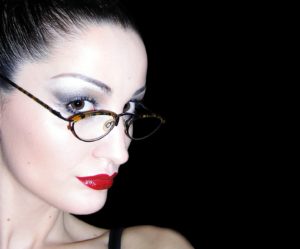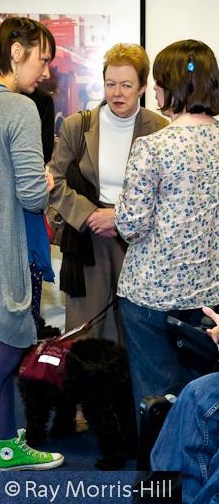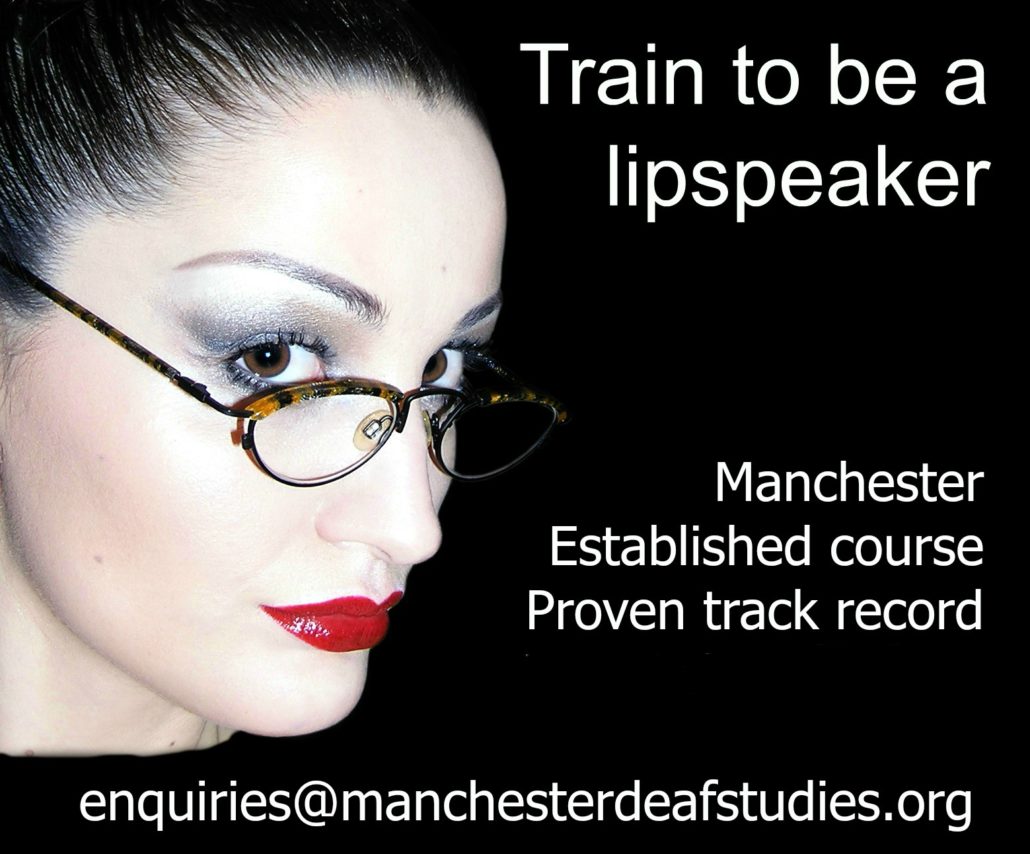Communicating with deaf people at conferences and workshops
To grow professionally and sharpen your skills you need to make an effort to explore new ways of working and learning. One of the best ways to do this to invest in yourself by frequently attending networking events and conferences. Effectively communicating with deaf people during such in-person seminars and workshops might seem difficult, but using a lipspeaker will provide equal opportunity.
Lipspeaking has been around since 1948, and a formal training programme was put in place in the 1960s. The Association of Lipspeakers is now celebrating its 20th anniversary.
A lipspeaker accompanies the deaf person, who can lipread, to an event and repeats what is said, enunciating clearly and without a voice, so the lipreader only needs to lipread one clear and trained speaker instead of several unclear speakers.
There is power in connecting with people who are active in your line of work and lipspeakers enable deaf people who lipread to share in that power.
What is a lipspeaker?
A lipspeaker is a hearing person who clearly conveys what’s said by repeating the words using clear lip shapes but no voice. Professionally trained to be lipreadable, lipspeakers are a valuable communication support when people that lipread attend seminars, lectures, tutorials or other social occasions.
They will speak the words in the same way the speaker says them and will not add their own comments or views.
A lipspeaker’s job is to repeat what is being said in a way that not only communicates the message but the intention and emotion behind it. Using the shapes of their mouths, facial expressions and natural gestures, the lipspeaker aims to mimic the flow, rhythm and phrasing of natural speech to convey the deeper meaning of the words being spoken.
It’s not just about clearly repeating the message; it’s about giving lipreaders insight into the meaning and motivation behind each word.
Who would benefit from using a lipspeaker?
If your fist language is spoken English and you prefer to communicate through lipreading and speech, like me, then you would benefit tremendously from lipspeaking services.
It is ideal for people who don’t use British Sign Language (BSL) or for certain situations where communicating with deaf people is more difficult, like a networking event or a crowded seminar.
If you are deaf or hard of hearing and read lips, then a lipspeaker can aid in your communication.
The growing demand for lipspeakers
Increase lipreaders confidence that messages were correctly interpreted and understood by using lipspeakers, especially when speakers talk very fast and may have to be paraphrased by lipspeakers.
Examples where having a lipspeaker will add value include:
- Participating in a university or college lecture.
- Parent/teacher meetings.
- Medical situations, such as hospital consultations.
- Legal situations.
- Career opportunities, such as job interviews, meetings, and training courses.
In situations like the above, request that a lipspeaker is booked to ensure there are no misunderstandings and that information is accurately relayed.
Types of lipspeaker assignments
Lipreading is easier in a one-on-one situation, so when attending events and group discussions, it’s easy to lose the conversational thread, which is why lipspeakers play such a vital role.
Signature now have one level of qualification for lipspeakers.
Technically, Level 3 lipspeakers can accurately follow and convey fast-paced communication without losing the meaning behind it. They are qualified to handle different types of assignments. such as legal assignments or consultations, higher education lectures that use technical language or when working with social services and mental health workers.
Newly qualified (previously Level 2) lipspeakers are encouraged to be selective about the type of assignments they undertake. They are better suited for routine one-on-one meetings, such as job interviews or GP consultations.
Tips when planning an event and working with a lipspeaker
- Lipreaders should be close to the lipspeaker, no more than 3 to 6 feet away. So, reserve the front seats for people that rely on lipreading.
- Ask speakers to send their speeches or presentations a few days in advance, so that lipspeakers can familiarise themselves with the subject matter. If possible, try to book a lipspeaker with knowledge on the subject being discussed.
- Before the event starts, make sure all lipreaders can see the lipspeaker. Context is important.
- If there is a question or comment session after the presentation, ask that participants raise their hands before speaking so the lipspeaker can focus on the conversation and communicate the discussion accurately.
- Lighting is important. Make sure lipreaders can follow the lipspeaker’s mouth movements by illuminating the lipspeaker’s The background that the lipspeaker is placed against should not be distracting or reflective.
- Lipspeakers need regular breaks to keep their focus and attention sharp; every 30 minutes is ideal. So, if the event or seminar is more than two hours long, book two lipspeakers. In that way, when one needs a break, the other can take over.
How to find lipspeakers for your event or business
Lipspeakers are regulated by the National Registers of Communication Professionals working with Deaf and Deafblind People (NRCPD). It’s important to book your lipspeaker several weeks in advance, otherwise you might have to go without.
If you’d like to book a lipspeaker contact us.
If you’d like to chat with lipspspeakers, ALS have a Facebook group Association of Lipspeakers (ALS Official). Everyone is welcome to join, whether you’re a lipspeaker, lipreader, or simply interested in the art of lipspeaking and lipreading.
Training to become a lipspeaker
People that lipread rely heavily on ‘lip patterns’ – the shapes our mouths make when we speak – to understand what is being said. Thus, training to become an effective lipspeaker takes dedication and hard work.
Visit the Association of Lipspeakers (ALS) if you have a passion for communicating with deaf people and believe you can make a difference.
You can find accredited lipspeaker training courses run by Manchester Centre for Deaf Studies. Their next course is coming up very soon. If you’re interested, contact Dilys Palin at enquiries@manchesterdeafstudies.org
Trackbacks & Pingbacks
-
[…] READ MORE […]
Leave a Reply
Want to join the discussion?Feel free to contribute!






Lipreading is just a failure. Hearing people still never learn how difficult for deaf people to go through like that.
You have to make communication work for you. If someone was signing, they turn around, that won’t work will it? Doesn’t mean sign language is bad. A lipspeaker will stay looking at you and lipspeaking even when the hearing person speaking turns around. Think about it.
Ok, what about a person turn around talking in a different direction like teachers in classes or managers in meetings at companies? It is still unsuccessful, that’s why it is always miscommunication without interpreters.
That’s why a lipspeaker will be helpful. They are trained to stay facing you at all times.
Lipreading WITHOUT a lipspeaker can be unsuccessful for the reason you pointed out.
My son has bilateral cochlear implants and lip reads amazingly when he isn’t wearing them. I am shocked how much he can lip read. He is 100% deaf.
Maybe 30% at the most is caught and the rest is guessing, and hoping your response back is close enough 😜 Either way, it’s exhausting and frustrating.
So it’s the oral equivalent of a CDI??
You might want to read the article before commenting, it said that it’s useful for one-on-one or small group settings, not large groups.
I already read it before you commented but I disagreed, sorry. Lipreading is NOT 100% successful, period!
I’m working as a Teacher in deaf school. Lip reading come successful by using some tools black board or chart or pictures